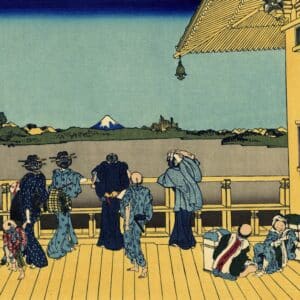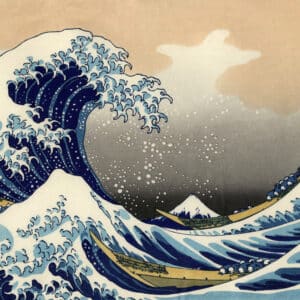Why is it so hard to find distributors, importers, and agents in Japan using search engines like Google?
If you have spent any time at all searching the Internet for potential Japanese distributors, you already know that using Google to find these companies doesn’t work very well.
This is because Japanese distributors often do not have English language websites and do not do a good job of marketing themselves outside of Japan.
Their primary focus is on their Japanese customers, and they typically do not do any search engine optimization (SEO) to make themselves easy to find.
This means that they either do not show up in Google at all or they rank so low that you will need to scroll through hundreds of pages of search results before finding them.
Even Japanese distributors who deal with foreign companies on a daily basis have little English on their websites.
For example, in recent client projects, we found that:
- Only 3 of the 27 potential distributors we identified for a high-end audio equipment manufacturer had English-language websites.
- Only 9 of the 32 Japanese distributors we identified for an electronic testing equipment manufacturer had English on their websites.
- Only 1 of the top 20 distributors of beauty salon products has an English-language website.
- Only 5 of the top 25 distributors of imported golf products in Japan have English on their websites.
Another problem with relying on Google to find potential Japanese sales partners is that others in your industry are doing exactly the same thing.
This means that any distributors you find are already being bombarded by companies from around the world wanting to do business with them.
What’s the best way to find Japanese distributors and other sales partners in Japan?
In our experience, the best way to find potential Japanese distributors and other sales partners is to identify Japanese companies that are already importing and distributing complementary foreign products.
Complementary products are products purchased by the same end-users who use your product. For example, if you sell baseball bats, complementary products would be cleats, gloves, balls, protective gear, tape, etc.
This is more effective than targeting distributors selling competing products because many Japanese distributors do not handle products that compete directly with each other.
Also, it is important to go after distributors that are already successfully distributing imported products.
Foreign companies often make the mistake of approaching the large Japanese wholesalers or retailers in their industry. Unfortunately these companies are rarely interested in dealing directly with foreign firms that don’t already have an office in Japan.
You can read more about the two types of distributors in Japan here: Japanese Distributors: The Wrong Ones & The Right Ones To Approach
This method works very well for identifying potential Japanese distribution partners but it can be very labor intensive. It can also be difficult to find many of these distributors unless you can read Japanese and understand how distribution works in Japan so feel free to reach out to us if you need assistance in this area.

We Can Connect You With The Right Distributors, Importers & Agents In Japan
We’ve helped over 450 companies find sales partners in Japan using our proven 4-step FAST Formula™.
Companies selling everything from highly specialized B2B, medical, industrial, technical, and scientific products… to all types of consumer goods. Click here to see our track record
So if your products are right for the Japanese market, there’s a very good chance we can help you connect with Japanese sales partners who speak English… know your industry… and have a strong track record of selling products like yours.
Click on the button below to learn more.
